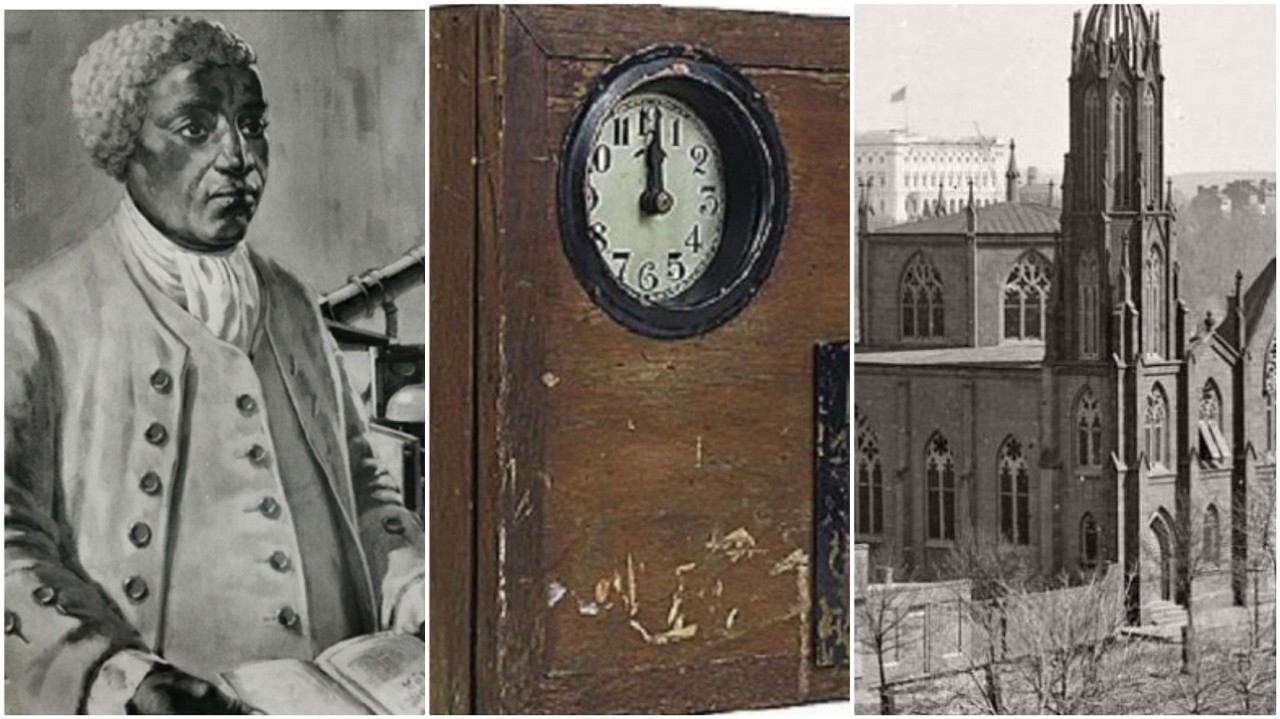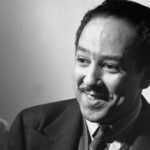Early Life and Education
Benjamin Banneker, born on November 9, 1731, in Maryland, USA, emerged from a family of free African Americans. Despite lacking formal education, he displayed a remarkable aptitude for mathematics and science from an early age. His thirst for knowledge led him to become self-taught, mastering various subjects through voracious reading and study.
Contributions to Astronomy and Almanacs
Banneker’s greatest achievement lies in his work as an astronomer and the publication of his almanacs. He meticulously crafted almanacs that contained weather predictions, astronomical calculations, and tide tables. His almanacs were highly esteemed for their accuracy and became invaluable tools for farmers and navigators.
The Creation of a Clock
In the 1750s, Banneker’s brilliance shone through in the creation of a wooden clock. Despite having no formal training in clockmaking, his meticulous observations and understanding of mechanics enabled him to craft a functioning clock entirely from wood, which operated flawlessly for decades.
Surveying and Advocacy for Civil Rights
Banneker’s expertise in astronomy and mathematics led to his involvement in surveying. He worked alongside Andrew Ellicott in surveying the boundaries of Washington, D.C. His precision and skill were instrumental in the successful completion of this significant project.
Beyond his scientific achievements, Banneker was a vocal advocate against slavery and an ardent supporter of civil rights. He corresponded with Thomas Jefferson, challenging the contradiction between Jefferson’s views on equality and his ownership of slaves, advocating for the abolition of slavery.
Legacy and Impact
Benjamin Banneker’s contributions to science, astronomy, mathematics, and advocacy for civil rights remain an enduring legacy. His remarkable accomplishments, especially in the face of societal barriers, continue to inspire generations. Banneker stands as a symbol of intellectual prowess, resilience, and dedication, paving the way for future African American scientists and activists.
Conclusion
In the tapestry of American history, Benjamin Banneker’s life shines brightly as a testament to the power of intellect, determination, and social advocacy. His contributions in science, particularly astronomy and mathematics, as well as his steadfast stance against injustice, reverberate through time, leaving an indelible mark on the fabric of progress and equality. Banneker’s legacy remains a guiding light, inspiring individuals to pursue knowledge, stand against oppression, and strive for a more just and enlightened society.





